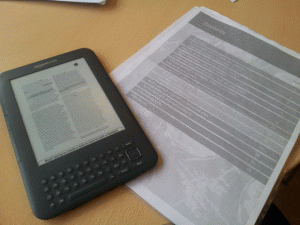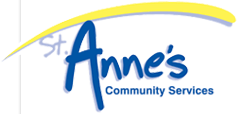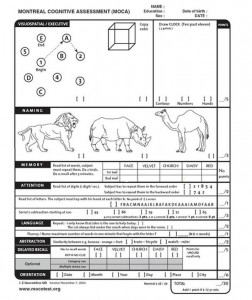Week four/five: the end
It’s hard to believe that my time at St. Anne’s is over – four weeks has flown by! Over the past week (alongside my usual screening programme) I’ve been involved in several events with St. Anne’s, such as helping to run their service user drop-in session yesterday. It was a chance for people to make suggestions or raise concerns about the services on offer at St. Anne’s, as well as to sample the Krispy Kreme doughnuts on offer! I really enjoyed getting involved with the service users and hearing their opinions on the services they use everyday, and it really highlighted to me how important St. Anne’s is to some of these people. During my project I’ve seen the same faces passing through, whether it’s to get help with benefits, take a class in computer skills or even just to take a shower. I’ve been amazed by the sheer range of services and help available to anyone, all under one roof – and I feel really honoured to have been a (albeit small) part of it.
Anyway, back to my project. I’ve been analysing the data I’ve collected and have prepared a report for the staff at St. Anne’s about ARBD. It consists of the data analysis itself, an information leaflet about ARBD and some advice on the next steps to tackle this little-known condition. I really hope that with the data I’ve collected, St. Anne’s can begin to raise awareness of ARBD amongst their staff and their service users, eventually spreading this knowledge to other relevant organisations. ARBD is a serious condition that makes everyday life extremely difficult for those affected, and these people need to be noticed by clinicians and charity workers, and given appropriate help. My project will hopefully be the first step along this path.
To conclude, I’ve learnt a huge amount during my time at St. Anne’s, from data analysis and report writing skills to dealing with difficult people on a daily basis. It’s been immensely rewarding, challenging and above all fun! Although this is officially the end of my internship with St. Anne’s, I’m hoping to volunteer with them again in the future. They are truly an amazing organisation, and deserve all the help they can get.


